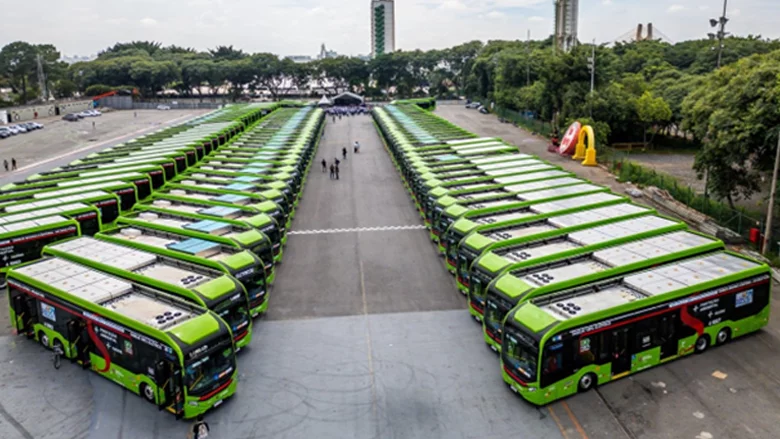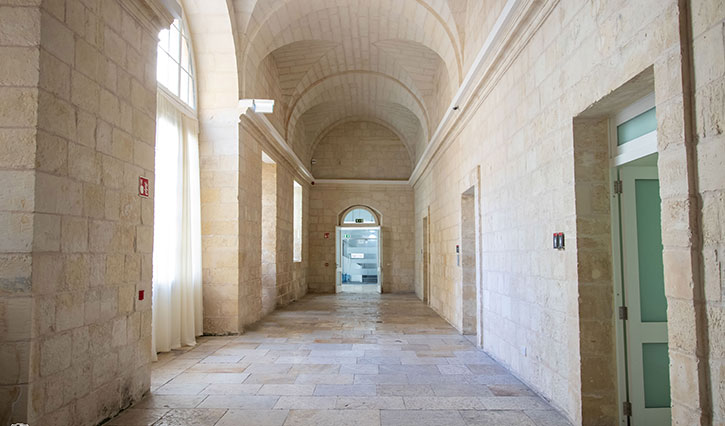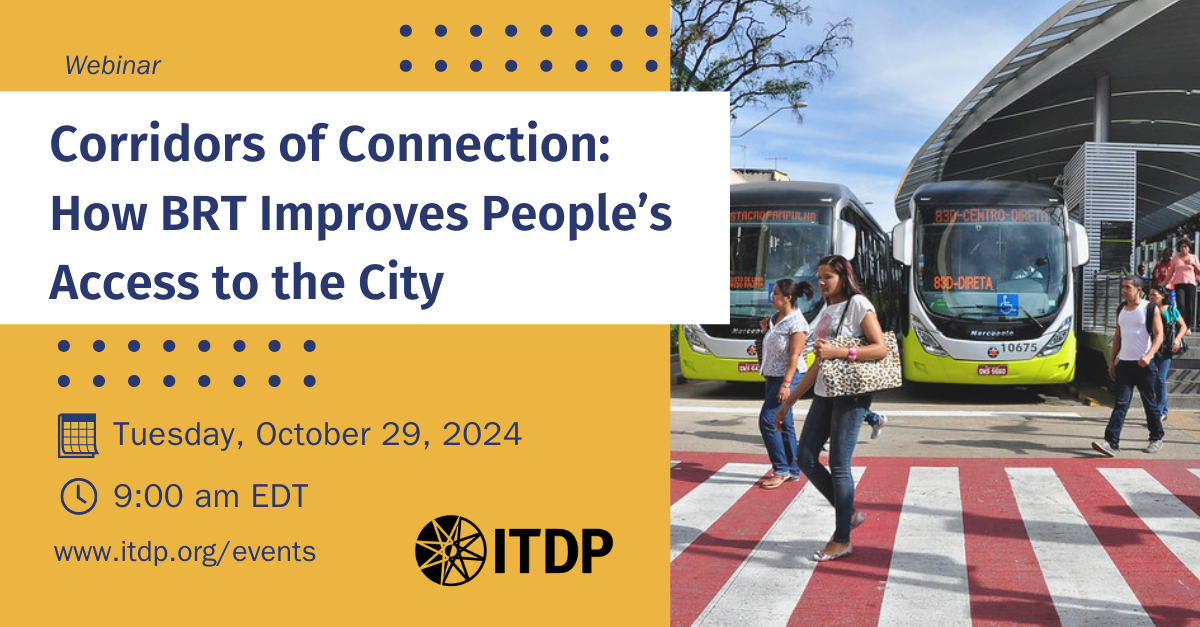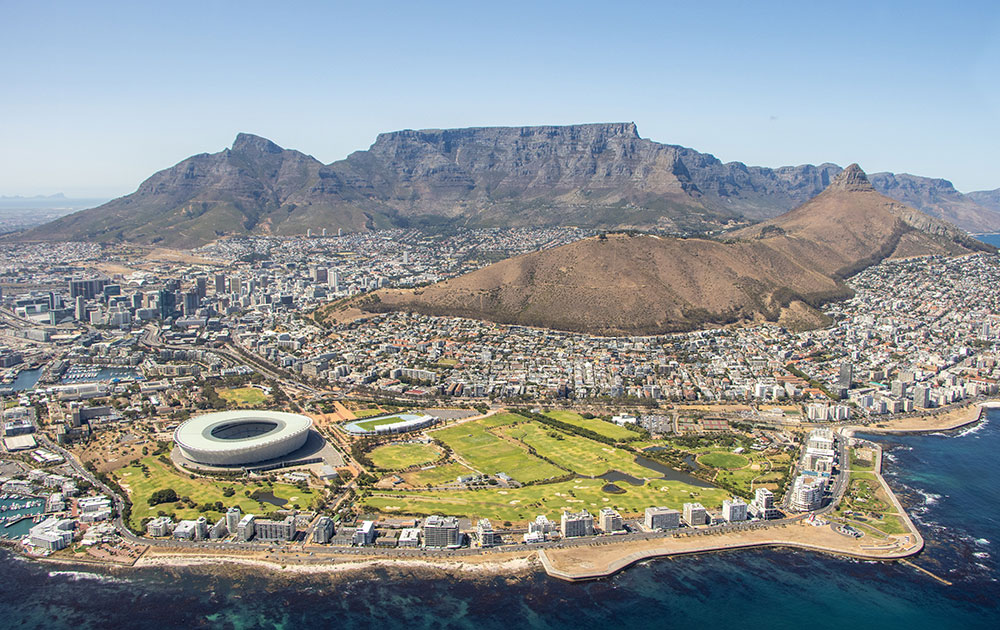Public transport can be ‘public’ in multiple ways and without specificity when one public aspect changes there is no way to consider the impacts of that change. Currently there is a process of transit formalization taking place in Latin American cities that is changing the publicness of their systems. This paper identifies four publicness types- public space, public goods, public ownership, and public concern- and discusses the implications of transit projects in Santiago, Bogotá, Quito, and Mexico City on all four. While the impacts are not heterogeneous, governments are recognizing transit as a public good and introducing public funding and public ownership of Bus Rapid Transit and other infrastructure. These changes have the potential to strengthen public transit’s role as public space and are increasing transit as an issue of public concern, but there has been little formalization of public participation in the process. Public transit is now a three way relationship between private operators, government agencies, and the community, but most of the focus in this new arrangement has been on the contracts between the operators and government and less attention has been paid to the relationship with the public.




